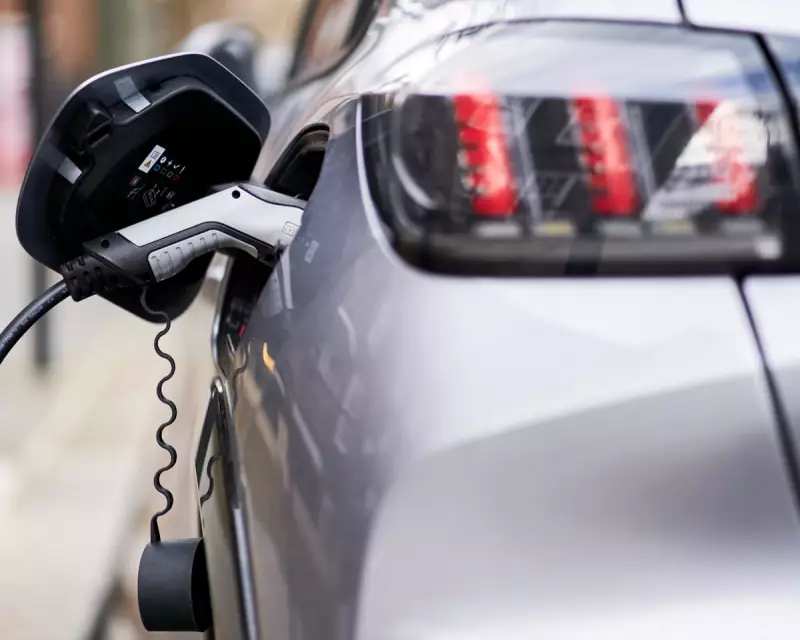
The era of tax-free motoring for electric vehicle drivers could be coming to an abrupt end as Chancellor Rachel Reeves considers a radical overhaul of Britain's road taxation system.
The £35 Billion Black Hole
With the rapid shift towards electric vehicles accelerating, the Treasury faces a growing financial crisis. The traditional fuel duty system, which has generated billions in revenue for decades, is becoming increasingly obsolete as more drivers switch to EVs that pay no fuel duty at all.
Industry experts warn that by 2030, the government could be facing a £35 billion shortfall in motoring taxes unless a new system is implemented. This financial pressure is forcing ministers to consider controversial alternatives that would fundamentally change how British motorists are taxed.
How Pay-Per-Mile Would Work
The proposed system would track vehicle usage through various methods, potentially including:
- GPS-based tracking systems in vehicles
- Annual mileage declarations at MOT tests
- Technology that monitors distance travelled
Unlike the current system where petrol and diesel drivers pay tax through fuel purchases, EV owners would face direct charges based on actual road usage. This represents a significant departure from the current tax-free benefit enjoyed by early EV adopters.
Political Hot Potato
The move presents a delicate political challenge for the Labour government. While the Treasury desperately needs to secure future revenue streams, any new road pricing system risks alienating environmentally-conscious voters who have embraced the electric revolution.
Transport Secretary Louise Haigh faces the difficult task of balancing environmental goals with financial realities. The government must find a way to maintain investment in Britain's transport infrastructure without discouraging the transition to cleaner vehicles.
Industry Reaction and Next Steps
Motor industry groups have expressed mixed reactions to the proposals. While acknowledging the need for a sustainable taxation model, many warn that sudden changes could undermine consumer confidence in electric vehicles.
The Treasury has confirmed that detailed proposals are being developed for potential inclusion in future budgets. However, with technical challenges and privacy concerns to address, any new system is unlikely to be implemented before the end of the current Parliament.
What remains clear is that the days of tax-free electric motoring are numbered, and British drivers may soon need to get used to paying for every mile they travel.






